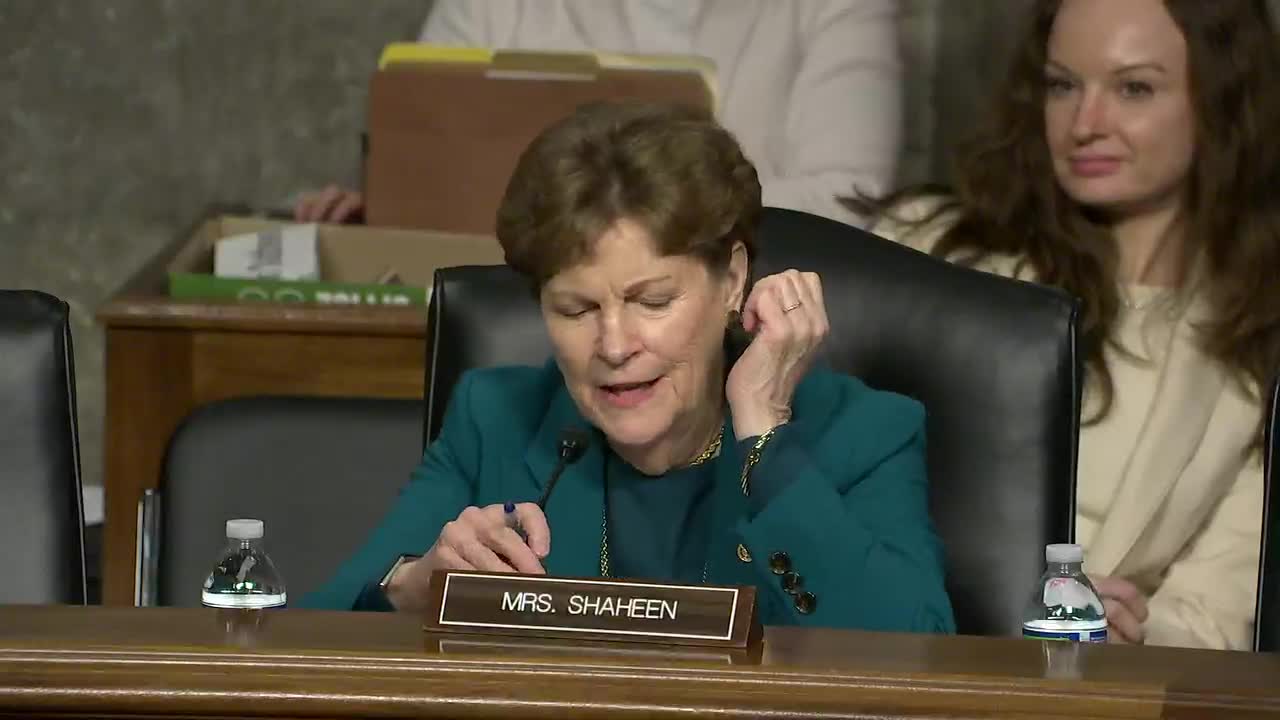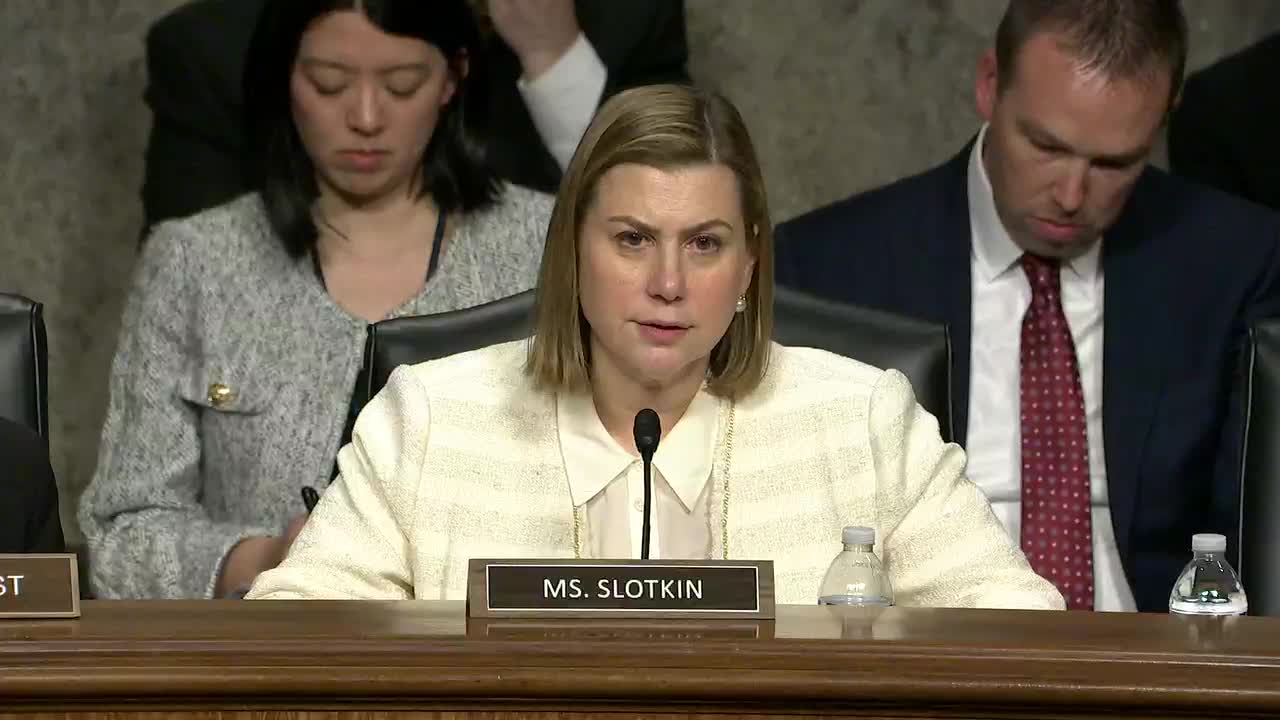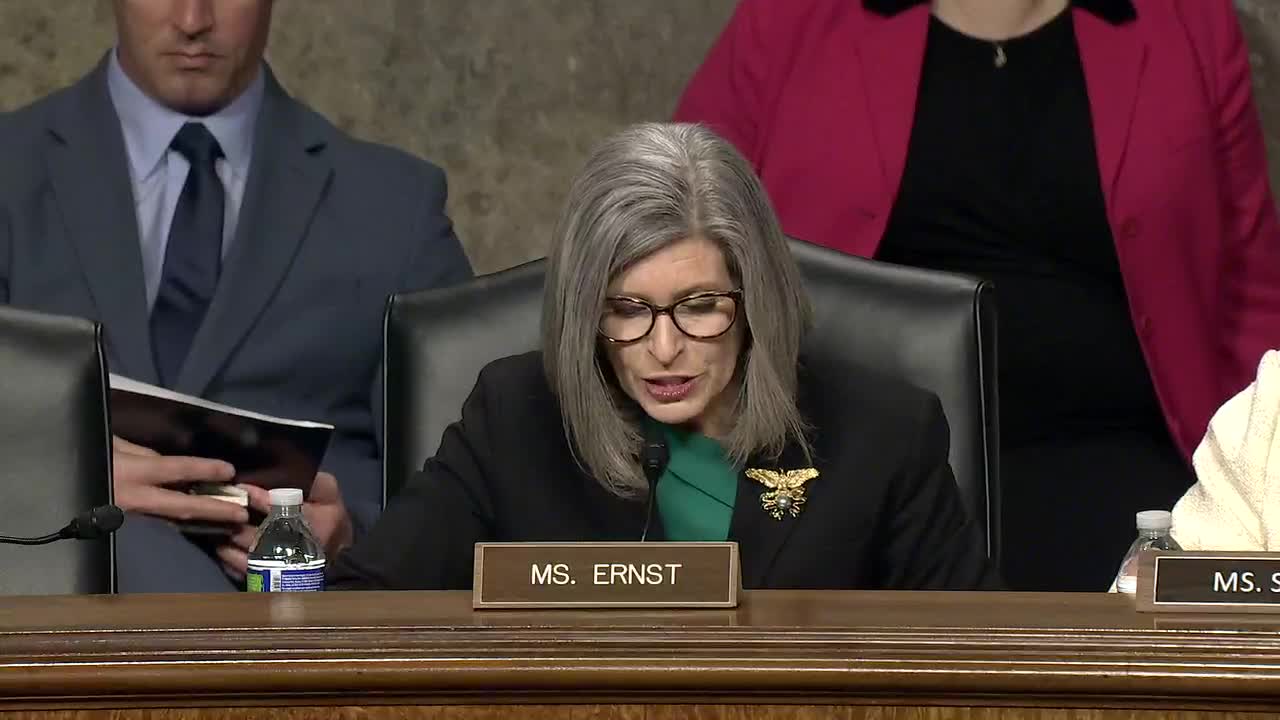Article not found
This article is no longer available. But don't worry—we've gathered other articles that discuss the same topic.

Senators warn U.S. information operations capacity weakened as China expands messaging

Witnesses tell senators FTO label doesn't give DOD authority for cross‑border strikes; SOCOM partners with SDF to prevent ISIS breakouts

